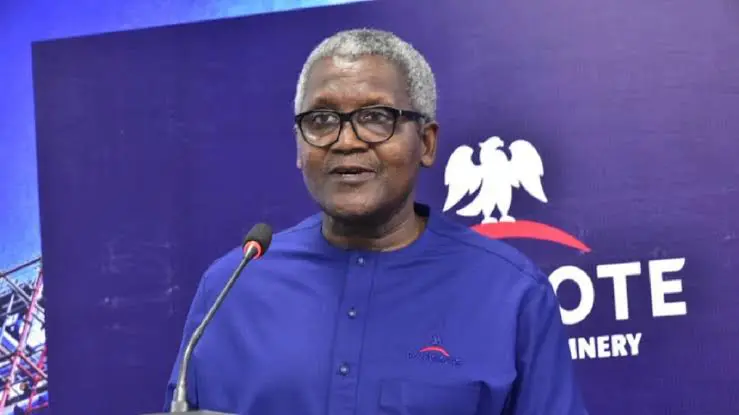A Nigerian energy company, Riverside LNG, has reported ongoing talks about a prospective arrangement to supply gas to South Africa beginning in the first quarter of 2024.
According to Bloomberg, this would be the first such agreement between the two countries, demonstrating potential collaboration in the energy sector.
Earlier this year, the company formed a gas-export collaboration with Germany’s Johannes Schuetze Energy Import AG. In an interview in Abuja, the CEO, David Ige, discussed the company’s current pursuit of new business across the continent.
Nigeria has the greatest gas reserves in Africa.
“We’d probably close out another segment of the market, an offtake for South Africa, very early in the year.”
“Anything within 3,000 nautical miles of Nigeria has a massively evolving gas market. So that covers southern Africa, western Africa, all the way to northwest Europe, as well as the Caribbean and South America in general,” Ige told reporters in Abuja.
Meanwhile, citing confidentiality constraints, Ige declined to provide any information about meetings with South African counterparts. Furthermore, the organization is aggressively looking into prospective opportunities in Liberia and Cameroon.
South Africa is currently dealing with recurrent power shortages caused by outdated and poorly maintained power facilities controlled by the financially struggling state utility Eskom Holdings SOC Ltd. Attempts to obtain additional electricity from private providers are hampered by grid restrictions and legal challenges.
South Africa currently lacks an LNG receiving facility. Deliveries from the project won’t start until 2027, so there’s “enough time for import terminal infrastructure,” Ige said.
Coal accounts for 80% of the country’s electricity output. However, because of the absence of likely investments in this sector, there is a trend towards renewable sources. The goal is to generate 60 gigatonnes of renewable energy by 2030.
The 16-member Southern African Development Community has approved a $17 billion plan for natural gas infrastructure. This effort intends to improve the region’s energy supply by sanctioning investments in pipelines and terminals for both domestic and imported supplies.
“A lot of those countries are looking to go gas,” Iged said. “We see a huge opportunity for Nigeria in being a trading hub,” he added.









